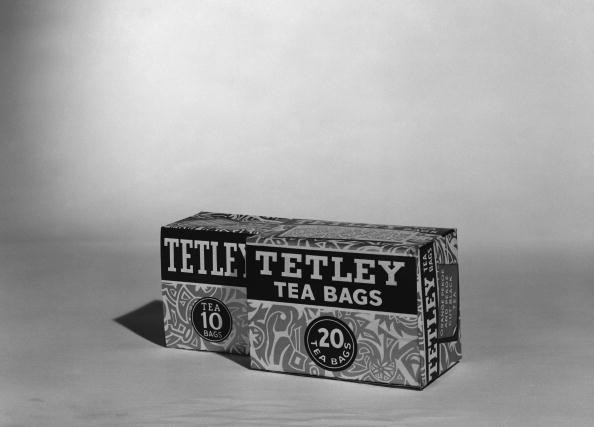Tata Global Beverages has admitted that it would be a big challenge to sell tea to China, the country where drinking tea originated.
"Taking tea to China is like selling scotch to the Scots," Harish Bijoor, an independent brand consultant and former vice-president of marketing at Tata Coffee Ltd, said. "China is a very difficult market. It is the origin market for tea, and sees diverse consumption from black and green tea to all kinds of oolong teas," he said.
To help them do this, Tata Global Beverages entered into a partnership with China's e-commerce giant, Alibaba, last year, expecting that Chinese consumers will buy Tetley tea bags on TMall online retail channel, according to livemint.com.
"Alibaba and e-commerce is the beachhead to land the product in the market and create market awareness," Adil Ahmed, the company's chief marketing officer, said.
Tata Global also hopes to introduce Tetley to Malaysia and other places he called "white spaces", or new tea consumer markets where their product has no presence. They are aiming to earn about $1 billion (Rs6,508 crore) from the Tetley brand in the new markets.
In the past years, the company has been struggling to increase its earnings. In its annual report, Tetley accounted for about 38 percent of sales or Rs2,793 crore, in 2012-13 while it earned Rs2,676 crore in 2015-2016, which was the reason it is attracted to China's $22 billion tea market.
Ahmed said they are relying on the modern Chinese consumers' preference for the convenience of using the tea bag as well as the "Britishness" of the brand.
"China is primarily a green tea market," Ahmed said. "People are getting bored of that green tea and the hugely ritualistic aspect of making tea. In fact, they are now wanting tea bags, which is considered aspirational. The Britishness and the expertise of our blenders are the two hooks that we will use in China," Ahmed noted.
But other British tea brands like Twinings have already penetrated the Chinese market. A recent Euromonitor report said that the largest player now is China's Da Yi Tea Group, which has 6 percent share in the Chinese tea market.
Bijoor, however, said that citing 'affordable luxury' and the "Britishness" is a good strategy in brand positioning. "However, tea bags are now globally considered a dumbed-down way of drinking tea because it takes no effort to prepare."
Tata is also planning to sell Tetley to small grocery stores in the country. Ahmed said that although the sales volume is low, the company will raise its manufacturing when the business picks up.



























